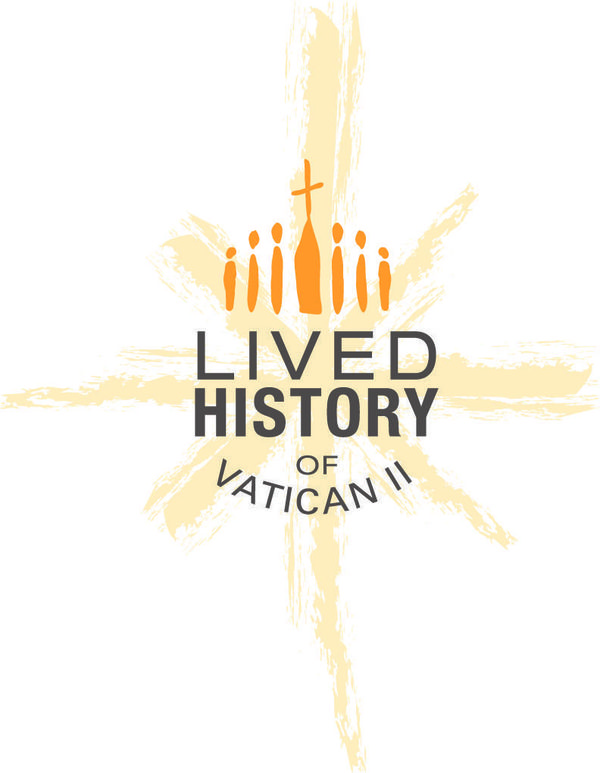Project Rationale
 The revolutionary transformations in Catholic life in the 1960s and 1970s constituted an epochal era in modern world history. The time is often identified with reference to one of its signal events, the Second Vatican Council. Likewise, scholarship on Catholicism in the era has focused on the Council, as if its theology, politics, and proceedings alone hold the key to understanding modern Catholic history. But it is our contention that the impact of the Council must be approached from the perspective of how Catholics living in radically different social, political, and cultural contexts around the world took up its challenges and mandates. The goal of the proposed project is to produce the first comparative, international, lived history of Catholicism in the Vatican II era.
The revolutionary transformations in Catholic life in the 1960s and 1970s constituted an epochal era in modern world history. The time is often identified with reference to one of its signal events, the Second Vatican Council. Likewise, scholarship on Catholicism in the era has focused on the Council, as if its theology, politics, and proceedings alone hold the key to understanding modern Catholic history. But it is our contention that the impact of the Council must be approached from the perspective of how Catholics living in radically different social, political, and cultural contexts around the world took up its challenges and mandates. The goal of the proposed project is to produce the first comparative, international, lived history of Catholicism in the Vatican II era.
Existing scholarship on Vatican II is limited in at least four ways: 1) it focuses on the Council itself to the exclusion of its interactions with wider social, political and intellectual contexts in particular environments; 2) it is organized around ideological poles, seeking either to celebrate or diminish the impact of the Council and the changes of the era; 3) it separates the intellectual (primarily the theological) and the social, ignoring the key matter of how changes mandated or inspired by the Council were enacted, resisted, or revised at the local level; 4) most important, there has been virtually no attempt at comparative historical studies of the Vatican II era, to explore how this epoch of change took different shape in various social, political, and cultural contexts.
We think that understanding what happened to the world’s most populous faith in a time of widespread global change requires close-grained comparative studies of the ways in which particular parishes and dioceses instituted – or did not institute – the Council’s decrees. At present, ideologically driven debates over the “meaning” of the Council too often result in a scholarly standoff. Our method, by contrast, moves beyond the ideological controversy to how actual Catholics embraced, resisted, and interpreted change and continuity in the church.
This research endeavor breaks new ground in the study of religion and modernity, the relationship between local and global realities, and the international impact of the Second Vatican Council, one of the most significant religious events of the twentieth century. The project is also the first comparative study of Vatican II’s global influences. Our ultimate goal is that our approach of studying the lived history of Vatican II will spark further works on this topic and incite a body of scholarly work on the international impact of the Council.